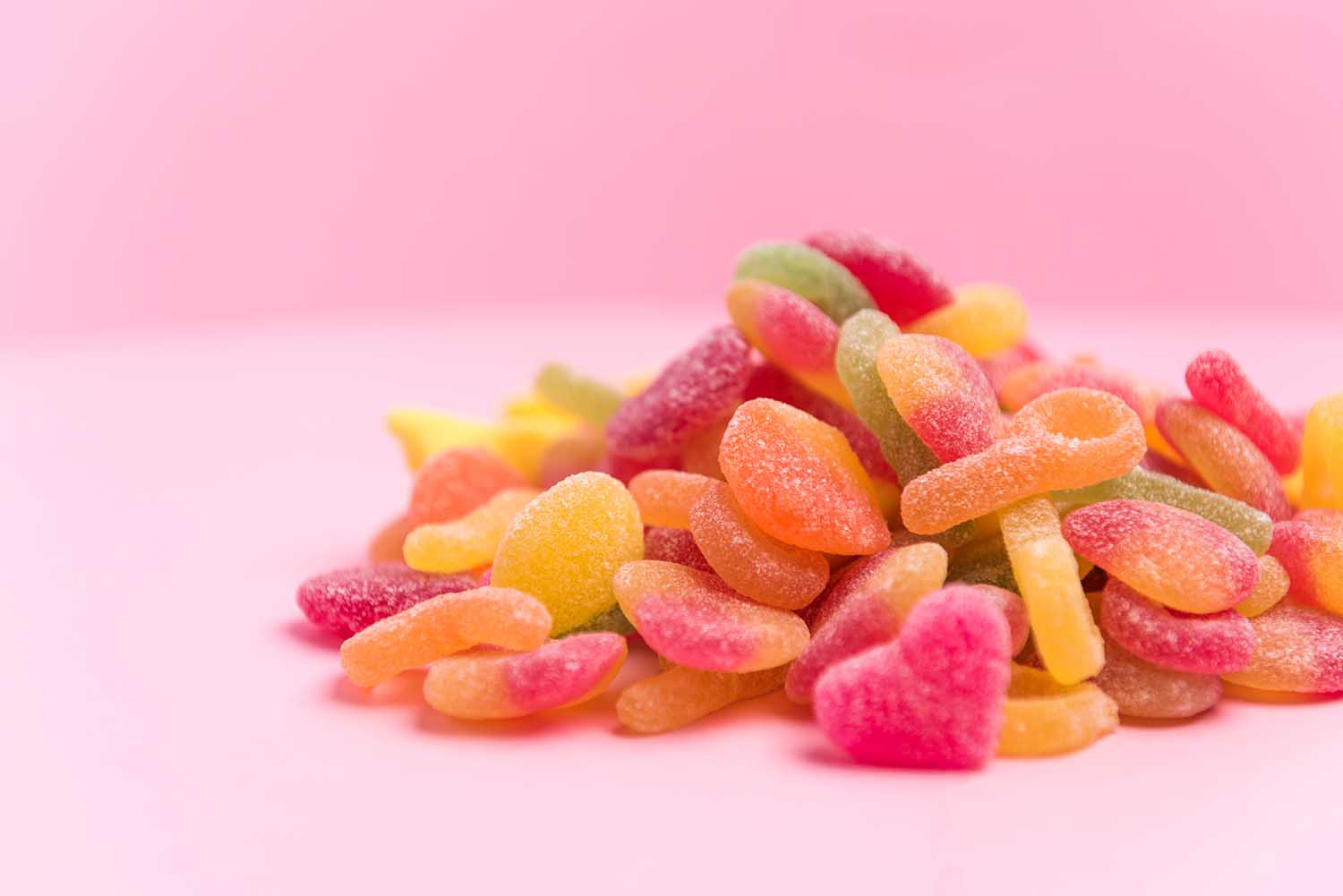
A recent study from researchers at the University of Colorado Boulder has found that cancer patients using cannabis edibles experience improvements in pain levels, sleep quality, and cognitive function.
The research, published in the journal Exploration in Medicine, found that cancer patients buying cannabis-infused food products from legal dispensaries not only saw a reduction in the effects of cancer symptoms but also saw improvements in a commonly experienced chemotherapy side effect called ‘chemo-brain’.
Chemo brain is a term used by cancer patients to refer to changes in memory, concentration, or the ability to think clearly. The symptoms can have an impact on day-to-day life, preventing people undergoing cancer treatment from returning to work or completing routine tasks. While the symptoms are common among those undergoing chemotherapy as a cancer treatment, they may also be present in those with cancer who are not receiving chemotherapy.
“When you’re in a lot of pain, it’s hard to think,” said senior author of the study Angela Bryan, a professor of psychology and neuroscience at CU Boulder and a cancer survivor. “We found that when patients’ pain levels came down after using cannabis for a while, their cognition got better.”
The small study is one of the first to understand how cannabis bought over-the-counter from retail stores, as opposed to clinically supplied cannabis, impacts cancer symptoms and treatment side effects.
To complete the study, researchers observed 25 cancer patients who used self-procured cannabis edibles over two weeks.
After a baseline appointment in which their pain levels, sleep patterns and cognition were assessed, they were asked to purchase edible products of their own choosing from a dispensary. Choices were varied, patients chose products from 18 different brands, including chocolates, gummies, tinctures, pills, and baked goods. Products purchased contained varying ratios of THC and CBD at a wide range of potencies.
“This tells us that people are open to trying whatever they think might be useful, but there’s just not much data out there to guide them on what works best for what,” said Bryan.
To study the impact of the edibles the research team drove a “mobile laboratory” to each patient’s home. Participants in the study then underwent physical and cognitive assessments in the van prior to consumption. They were then re-tested after consuming the edibles in their home. After two weeks of regular use at the frequency of each patient’s choice, they underwent a follow-up exam.
The study found that cannabis eased patients’ pain significantly within an hour of consumption, while also impairing their cognition and making them feel “high”, the greater the THC content, the higher patients reported feeling.
After two weeks of sustained use, patients also reported improvements in pain, sleep quality and cognitive function. Some objective measures of cognitive function, including reaction times, also improved.
“We thought we might see some problems with cognitive function,” said Bryan, noting that both cannabis and chemotherapy have been previously associated with impaired thinking. “But people actually felt like they were thinking more clearly.”
Those who ingested more CBD, a known anti-inflammatory, also reported bigger improvements in sleep quality and pain intensity.
“The findings suggest that studies conducted over longer timeframes with larger samples that allow the capacity to test for moderating effects of product type (e.g., inhaled versus edible), cancer type/stage, and demographic characteristics are an important next step in understanding the potential benefits and harms of cannabis use for palliative care in cancer patients,” researchers said.
- SEO Powered Content & PR Distribution. Get Amplified Today.
- PlatoData.Network Vertical Generative Ai. Empower Yourself. Access Here.
- PlatoAiStream. Web3 Intelligence. Knowledge Amplified. Access Here.
- PlatoESG. Automotive / EVs, Carbon, CleanTech, Energy, Environment, Solar, Waste Management. Access Here.
- BlockOffsets. Modernizing Environmental Offset Ownership. Access Here.
- Source: https://www.leafie.co.uk/news/cannabis-edibles-chemo-brain-pain-sleep-study/



